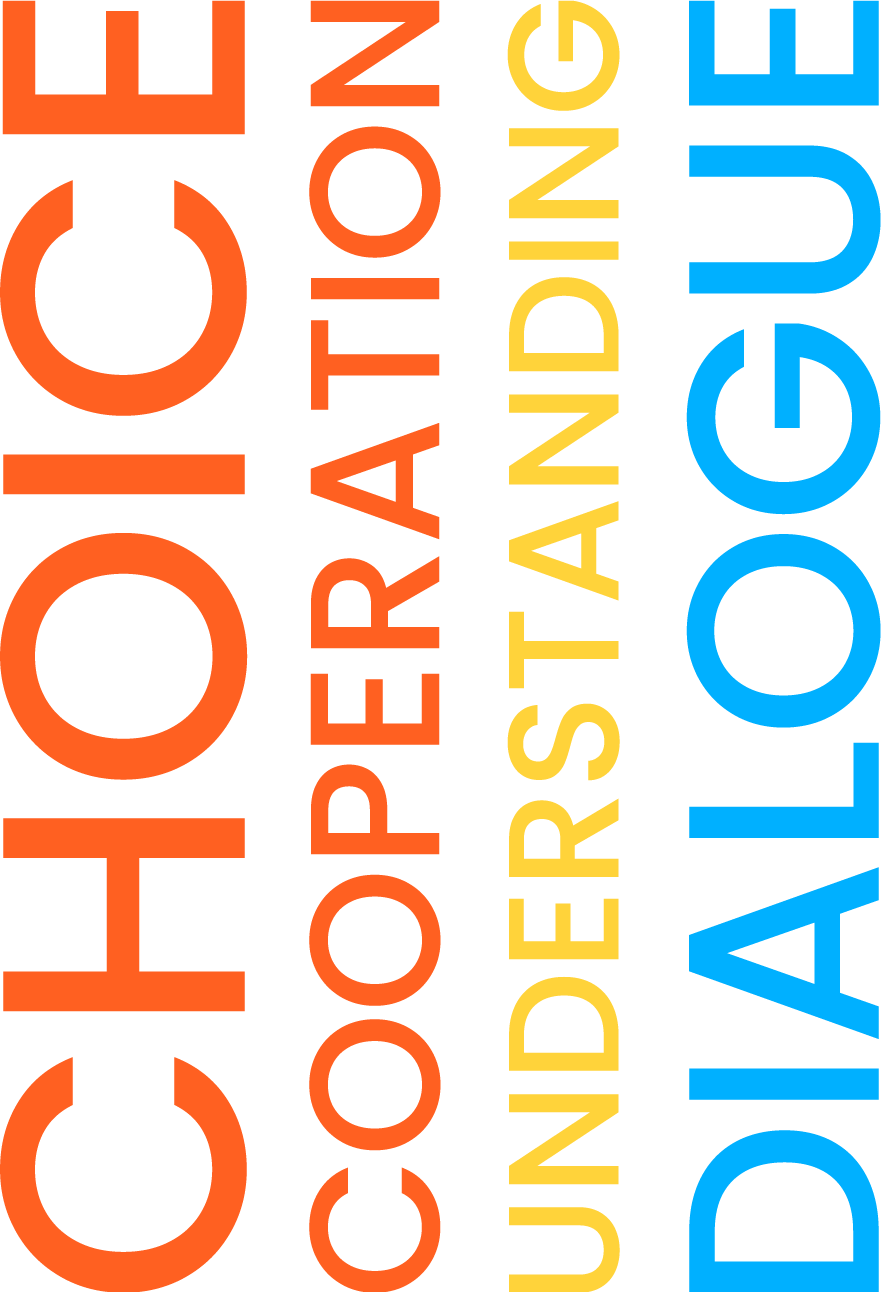Summary of the project:
In complex and interconnected societies, human wellbeing is inextricably tied to collective behaviour, both at the individual and at the social level. Ensuring adequate policies and infrastructures is necessary to support human flourishing, but not sufficient: the active involvement of citizens is also crucial, together with the development of a key set of behavioural competences.
The project B-Hu-Well, “Boosting Human Wellbeing with Behavioural Insights”, funded by the PRIN 2022 PNRR research programme, is built on this vision, and strives to apply it to the health domain.
There are four main ways in which human behaviour needs to be boosted for improved wellbeing in healthcare:
- BETTER CHOICE: no healthcare treatment can ever be successful if the patient does not opt for compliance – and the same applies to lifestyle choices, which are often the main cause of health problems;
- BETTER COOPERATION: many health policies require large-scale cooperation to succeed (e.g., vaccination), making them vulnerable to social dilemmas, whenever individual interests and collective benefits do not align;
- BETTER UNDERSTANDING: equivocations and distortions in comprehending relevant medical information is the root cause of many health problems and a motivating factor in endorsing suboptimal behaviours (e.g., systematic biases in interpreting risk information);
- BETTER DIALOGUE: doctor-patient interactions and health communication strategies play an essential role in determining the wellbeing of both patients and healthcare practitioners, e.g. by modulating compliance with medical recommendations and likelihood of interpersonal conflict.

Each of these pillars of human wellbeing is plagued by biases, which can act as serious obstacles for any attempt to promote healthier lifestyles and to successfully manage healthcare emergencies. Such biases have been extensively studied in social sciences and in the humanities, so now the time is ripe for a proactive approach to their treatment: that is, behavioural interventions aimed at preventing the insurgence of error, rather than correcting its consequences after the fact. This is in line with the boosting model for behavioural interventions (Grüne-Yanoff & Hertwig, 2016; Hertwig, 2017; Hertwig & Grüne-Yanoff, 2017), which has been proposed as an improvement over the more traditional nudging perspective (Thaler & Sunstein, 2009), to produce more stable and lasting results in terms of habit formation and behavioural change.
The research units:
The B-Hu-Well project will test the viability and impact of this approach across multiple areas of behavioural intervention: boosting choice and cooperation (WP1), boosting understanding (WP2), and boosting dialogue (WP3). In order to pursue this ambitious goal, it integrates the complementary competences of three research units: cognitive science and behavioural interventions (ISTC-CNR Roma), psychology of reasoning and translational research (UniTrento), dialogue studies and patient-doctor interactions (UniCattolica).
Boosting choice and cooperation
In order to explore effective ways of boosting wellbeing via better choices and increased cooperation, this WP will perform a series of experimental and field studies on three crucial aspects of …
Boosting understanding
Individuals have a poor grasp of the macro-features of scientific evidence, the misreading of which impairs comprehension of medical information. Among these are the incapacity to distinguish between…
Boosting dialogue
The professional culture in healthcare still suffers from a widespread paternalistic approach that often hinders appropriate involvement of patients and their caregivers in the management of healthcare…




